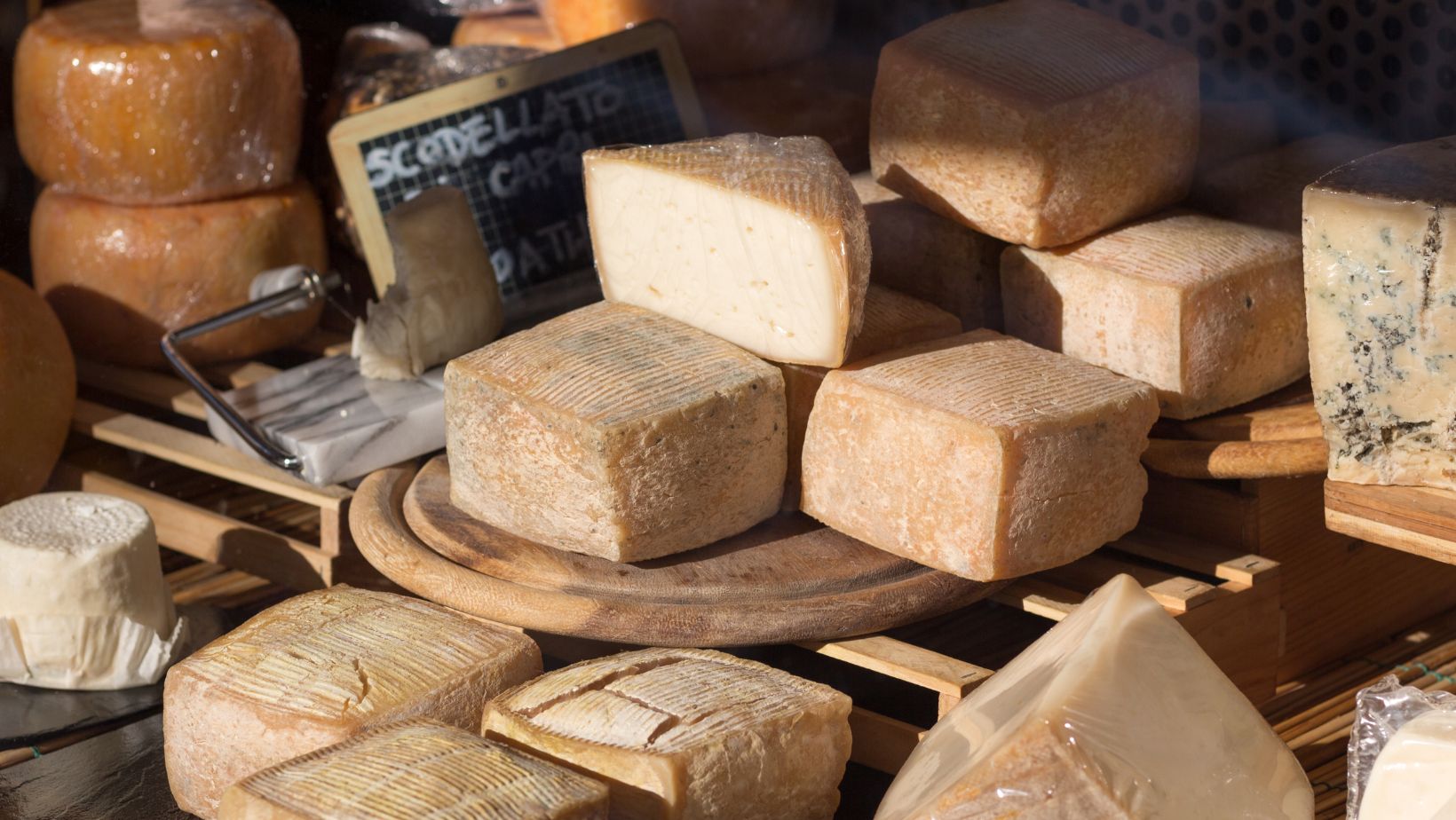There is a quiet revolution unfolding-not in the streets or on screens, but in bathrooms, kitchens, and the smallest corners of daily life. It does not shout. It does not boast. It simply arrives, gently, with the scent of lavender, the feel of honey-laced lather on the skin, or the comfort of a balm rubbed into tired hands.
The world has long been enchanted by the promise of more-bigger brands, louder packaging, shinier bottles that promise eternal youth, glowing skin, and lifestyles that only seem to exist in advertisements. But somewhere along the way, many of us have begun to realize that mass-produced magic isn’t magic at all. It’s distraction. It’s convenience disguised as care. And we’re waking up.
In this awakening, a new affection has stirred-one for the humble, the handmade, the honest. For products that don’t pretend to be anything more than what they are: crafted with intention, not automation. This isn’t a fleeting trend or a pretty aesthetic. It’s a return to something deeper, something real.
Contents
Table of Contents
ToggleThe Charm and Truth of the Handcrafted
Artisan-made products are, at their core, rooted in story. Unlike their industrial counterparts, they are not churned out by the thousands on assembly lines. They are shaped, stirred, and scented by hands that care. Each soap bar, balm, or bottle carries the quiet fingerprint of its maker, and something in us recognizes the authenticity of that.
There is something comforting about holding a product that was not designed to appeal to a mass market, but to serve and soothe. It reminds us-subtly but powerfully-that not everything must be fast, or efficient, or endlessly replicated to be valuable.
When you open a jar or unwrap a bar from a small artisan shop, you’re not just using a product. You’re participating in a process. A ritual, almost. One that honors slowness, attention, and respect for both the earth and the human body.
Why People Are Truly Making the Switch
Yes, artisan goods have grown more popular in recent years. But those who use them know it’s more than a passing fancy. It’s a response to something that’s been missing.
For too long, consumers have been removed from creation. We rarely know where our things come from, who made them, or what went into them. Labels offer fine print and vague claims, but little truth. When you buy from an artisan, you are often buying directly from the maker-or at least someone who knows the maker’s name, their values, and the ingredients that go into their work.
That knowledge changes everything. It shifts the way we consume-from passive and disconnected to curious, even reverent. It makes us notice texture, scent, and the effect something has on our skin and spirit.
More importantly, it brings joy back into the everyday. A bath becomes a haven. A balm becomes a reminder to slow down. Even the simple act of washing your hands can feel like self-care instead of routine.
Little Flower Soap: A Small Maker with a Big Heart
A perfect example of this magic-in-the-everyday is Little Flower Soap-a small-batch brand that has become beloved not for its flash or fame, but for its integrity and intention.
Handcrafted with love, Little Flower Soap offers natural soaps, soothing balms, and gift sets made to nurture body and soul. Each product feels like a love letter-carefully written in rose petals and calendula, in shea butter and peppermint, in the soft aroma of lavender fields at dusk.
What makes Little Flower Soap so special isn’t just their use of natural ingredients (though they are delightful), or the elegance of their packaging (which is always charming). It’s the spirit of genuineness that shines through. Nothing is rushed. Nothing is careless. Every product is a whisper of wellness, reminding you to tend to yourself as you would a beloved friend.
And isn’t that the point of all this? Not just to use “better” products, but to live a kinder life-toward the planet, toward others, and toward ourselves.
A Deeper Shift in Values
This movement toward artisan goods is a reflection of a broader shift in the way we live and think. We are beginning to prioritize sustainability over speed. Wellness over marketing. Substance over shine.
We are, in some small way, remembering what our ancestors knew well-that things made with care carry their own kind of energy. That what we put on our bodies matters as much as what we put in them. That beauty does not lie in perfection, but in honesty.

The allure of the handmade is not rooted in nostalgia-it’s rooted in hope. Hope that we can build lives that are more grounded. That commerce doesn’t have to cost the Earth. That beauty can come from small studios and still reach great heights.
More Than a Trend-A Return to the Real
It’s tempting to look at this artisan revival and call it a “trend”-a phase that will pass when something shinier comes along. But that would miss the deeper truth.
This isn’t about novelty. It’s about necessity.
In a world growing louder and faster, people are craving something quieter, truer. Artisan-made products offer a kind of refuge. They connect us to makers, to the natural world, and to ourselves. They invite us to pause, to choose with care, and to delight in simplicity.
So whether you’re lathering up with a lavender soap bar, easing stress with a peppermint balm, or gifting someone a lovingly wrapped set from a small shop-know that you are part of something meaningful.
This is not just a trend. This is a return to the real. And it’s about time.

